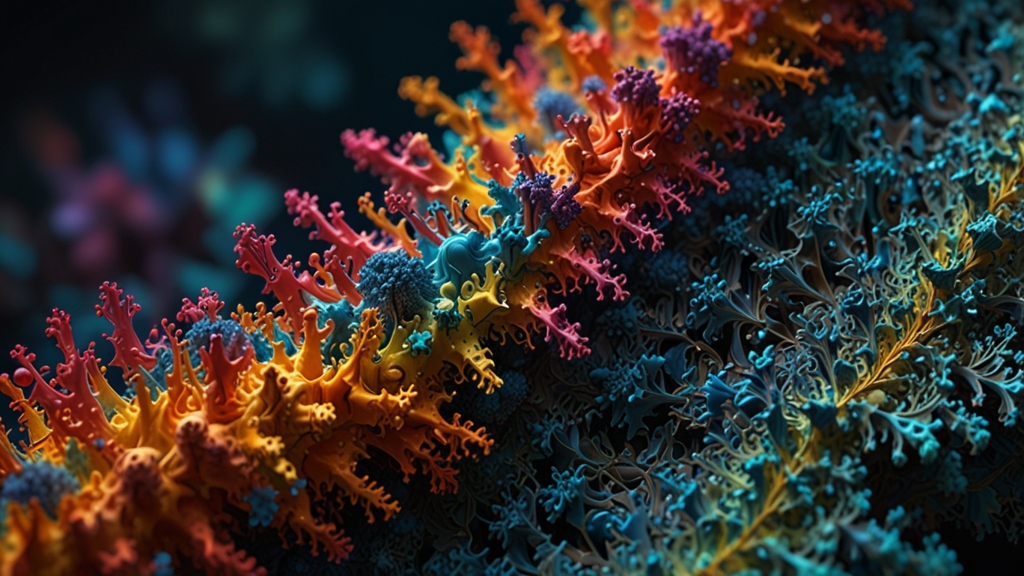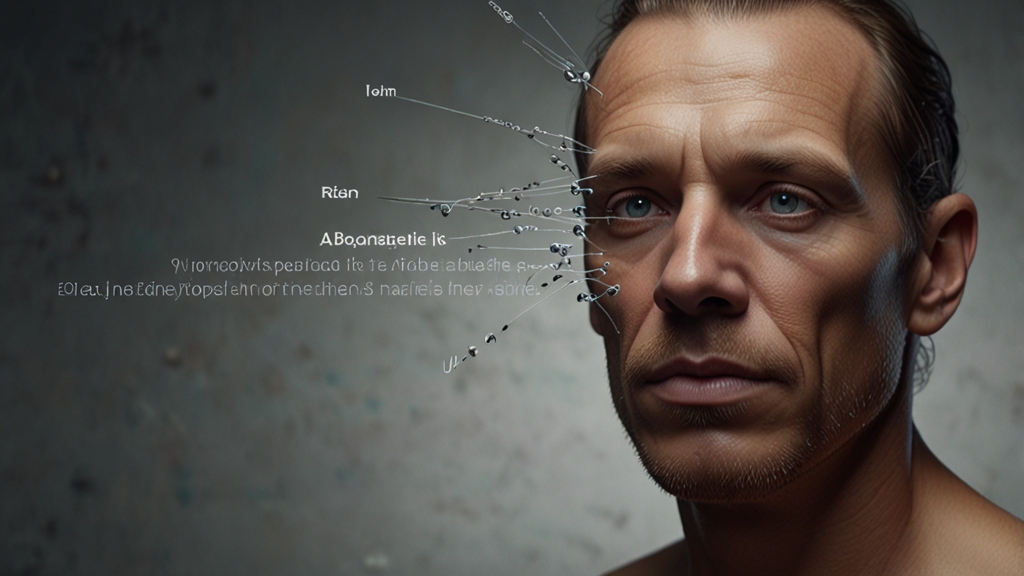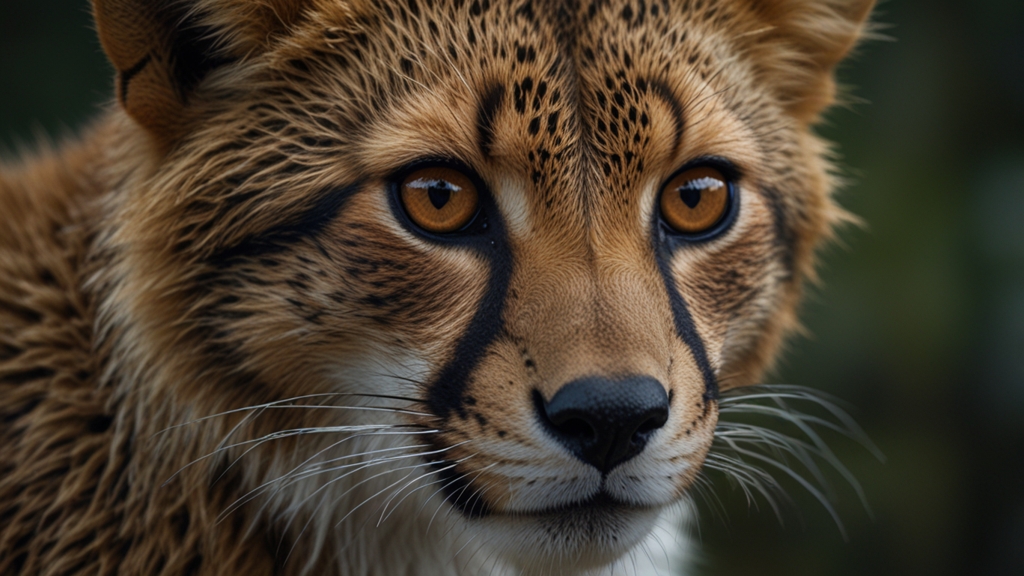A World in Danger: The Species We Can't Afford to Lose
As the world continues to grapple with the pressing challenges of climate change, habitat destruction, and pollution, the loss of biodiversity emerges as one of the most critical crises of our time. Species across the globe are facing the threat of extinction at an unprecedented rate. The consequences of these losses are profound, affecting not just the natural world but human existence as well. From keystone species whose impacts are disproportionately large relative to their abundance, to umbrella species that protect vast habitats, certain animals and plants are irreplaceable in maintaining ecological balance.
The Importance of Keystone Species
Keystone species play an essential role in maintaining the structure of an ecosystem. Their presence affects many other organisms in the environment and helps to define the entire ecosystem. For instance, the gray wolf in Yellowstone National Park is a classic example. After their reintroduction in the 1990s, wolves helped control the population of elk, which in turn allowed for the regeneration of overgrazed willow and aspen trees. This had cascading effects, benefiting a variety of species, from beavers to songbirds.
"Keystone species are like the glue that holds an ecosystem together. Their loss is not just a diminishment but a collapse." – Environmental Scientist, Jane Doe
Umbrella Species: Guardians of Biodiversity
Unlike keystone species, whose ecological roles are outsized, umbrella species require large habitats, and by protecting these species, entire ecosystems indirectly benefit. The tiger, roaming across a range of diverse ecosystems in Asia, serves as an umbrella species. Efforts to preserve tiger habitats also protect many less-iconic species that share the same environment. Protecting tigers means safeguarding entire forests that are carbon sinks, thus also helping to mitigate climate change.
The Role of Pollinators
Pollinators such as bees, butterflies, and birds are crucial for the reproduction of many flowering plants. These species enhance the production of 75% of the world's food crops and nearly 90% of wild flowering plants. The decline of pollinators due to pesticide use, habitat loss, and disease is alarming. Their loss would directly impact food security, leading to diminished agricultural yields and the collapse of ecosystems that depend on their pollination services.
"Without pollinators, the delicate threads that weave our food systems together will disintegrate. It's a direct path to ecological and human hardship." – Agricultural Expert, John Smith
Aquatic Guardians: The Vital Role of Marine Species
Marine ecosystems are equally at risk, with overfishing, pollution, and climate change threatening countless species. Coral reefs, often described as the "rainforests of the sea", support a quarter of all marine life. They provide food and livelihoods to over half a billion people globally. The loss of coral reefs due to bleaching and ocean acidification can lead to the collapse of these ecosystems, causing widespread economic and ecological damage. Species like sharks and sea turtles play crucial roles in maintaining the health of our oceans. Sharks as apex predators help to regulate marine populations, while sea turtles maintain the health of seagrass beds and coral reefs, vital habitats for many marine organisms.
Human Responsibility: Taking Action
The extinction crisis calls for urgent action. Conservation efforts must be scaled up, policies strengthened, and public awareness raised. Preserving the natural habitats of these critical species through protected areas, sustainable land use practices, and international cooperation is essential. Reducing our ecological footprint by curbing industrial pollution, adopting sustainable agricultural practices, and addressing climate change are imperative. Supporting conservation organizations and participating in local conservation initiatives can contribute to safeguarding the species we cannot afford to lose.
"The future of biodiversity is in our hands. Conservation is not a choice but a responsibility." – Conservation Biologist, Maria Gonzalez
In conclusion, the preservation of keystone species, umbrella species, pollinators, and marine guardians is not just about saving individual species; it's about maintaining the integrity of ecosystems that support life on Earth. Failing to act may lead to a cascade of extinctions that will have irreversible effects on our natural world and our very survival. It’s time to recognize the species we can't afford to lose and make concerted efforts to protect them.







